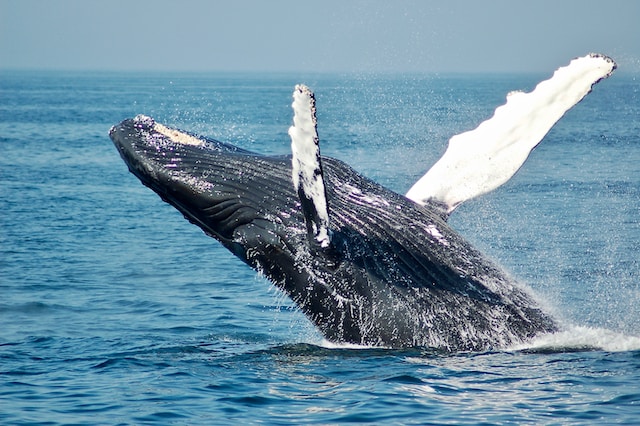Introduction: In the vast and mysterious expanse of our planet’s oceans, a mesmerizing world thrives beneath the surface—a world dominated by the majestic presence of whales. These enigmatic creatures have captivated the human imagination for centuries, their massive size, intelligent behaviors, and haunting songs reminding us of the wonders that lie beyond our shores. In this comprehensive overview, we dive deep into the captivating realm of whales, exploring their diverse species, remarkable adaptations, and the urgent conservation challenges they face.
- Awe-Inspiring Diversity: Whales belong to the order Cetacea, which encompasses two main suborders: Mysticeti (baleen whales) and Odontoceti (toothed whales). Within these suborders, over 90 species of whales have been identified, each boasting unique characteristics and habitats. From the gentle giants of the ocean—the magnificent blue whale, the largest animal ever known—to the acrobatic orcas and the elusive, deep-diving sperm whales, this rich diversity offers an awe-inspiring spectacle for researchers and nature enthusiasts alike.
- Adaptations for Marine Life: Whales have evolved a remarkable set of adaptations to thrive in their aquatic habitats. The baleen whales employ baleen plates in their mouths, acting as filters to capture vast amounts of tiny marine organisms, such as krill, while expelling seawater. Toothed whales, on the other hand, utilize their sharp teeth to hunt prey, with orcas exhibiting complex social structures and cooperative hunting strategies. Whales also possess specialized organs like the melon, used for echolocation, enabling them to navigate and communicate in the vast underwater world.
- Communicating Through Song: Among their many captivating features, the songs of whales stand out as a testament to their complex social lives and advanced communication abilities. Male humpback whales, for instance, produce haunting melodies that can last up to 20 minutes, believed to be a means of attracting mates and establishing dominance. The intricate nature of these songs remains a subject of ongoing scientific inquiry, captivating researchers as they endeavor to unlock the secrets of these underwater symphonies.
- Conservation Challenges: Despite their remarkable adaptations and undeniable allure, whales face numerous threats that endanger their survival. The impacts of climate change, such as rising sea temperatures and diminishing food sources, disrupt their fragile ecosystems. Human activities, including overfishing, pollution, underwater noise pollution, and collisions with ships, pose significant challenges. Additionally, the cruel practice of whaling, though largely banned, still persists in some regions, further jeopardizing whale populations. Conservation efforts, such as marine protected areas, research initiatives, and public awareness campaigns, are crucial in safeguarding these magnificent creatures for future generations.
Conclusion: The world of whales is a mesmerizing realm that continues to fascinate and inspire. Their awe-inspiring diversity, remarkable adaptations, intricate communication, and pressing conservation challenges remind us of the delicate balance required to sustain life in our oceans. As we strive to understand and protect these gentle giants, it is our responsibility to appreciate the invaluable role whales play in maintaining the health and harmony of our planet’s marine ecosystems. Let us join forces to ensure that the haunting songs and majestic presence of whales continue to grace our oceans for generations to come.












